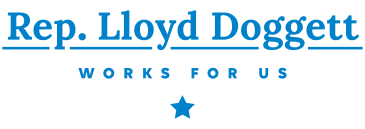In its original form, the bill, dubbed the “For the People Act,” would have only required those officeholders and candidates to release 10 year’s worth of personal tax returns. That would have exempted any returns filed by Trump’s more than 500 business entities. Progressive lawmakers—led by CPC co-chair Pramila Jayapal (D-Wash.) and Rep. Lloyd Doggett (D-Texas), who proposed the amendment—pushed hard for the change, pointing to the need to force politicians to disclose potential financial conflicts of interest. According to people familiar with the negotiations, the proposal received pushback from moderate Democrats, who suggested it could be an unnecessary invasion of privacy into the lives of candidates and their business partners. Working with Rep. John Sarbanes (D-Md.), the primary author of HR 1, Jayapal persuaded House leaders to add the business tax provision.
…
“Unless you get the business returns on Mr. Trump, you have a really incomplete record of his activity,” Doggett tells Mother Jones. He notes that while current law gives Neal and his Senate counterpart the ability to demand the tax returns, the amendment to HR 1 would serve as a lens through which the public a could view the returns of all future candidates.


